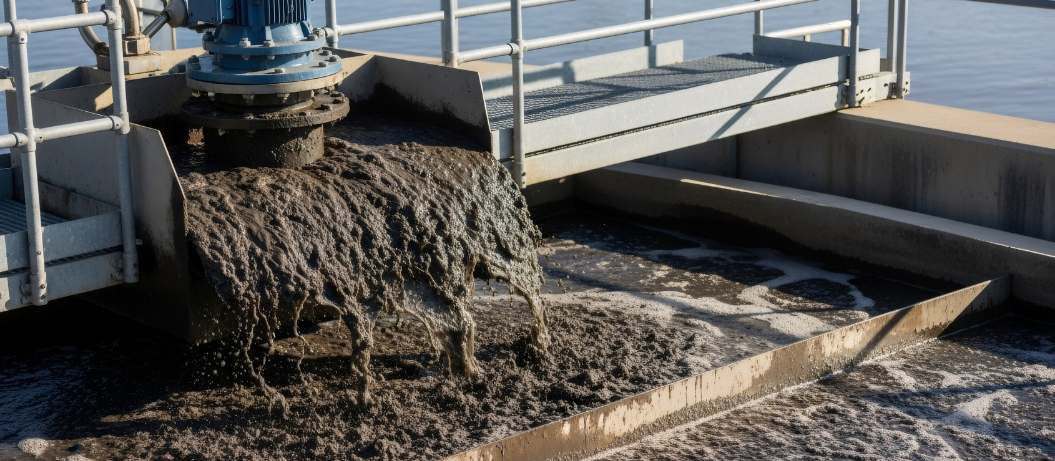Wastewater is an inevitable by-product of many industrial processes and disposing of it correctly is essential to avoid harming the environment. Companies that prioritise robust wastewater treatment are not just complying with the regulations, but also building better relationships with customers and the community.
A sustainable wastewater management programme will ensure any effluent is successfully treated and complies with regulations, as well as improve productivity and lower costs.
The Legal Position
Several pieces of legislation govern managing wastewater and make it illegal to discharge any pollutants into UK waters without prior consent from regulatory bodies. Manufacturers must obtain permits for discharging treated water, and there are strict rules which stipulate the types and concentrations of pollutants permitted. Failure to comply can lead to fines, the revocation of permits and even prosecution.
There is room for manoeuvre in how manufacturers treat wastewater – they can choose from on-site processing, off-site tankering or discharge into the public sewer (with permission from the relevant water company).
Strategies For Managing Wastewater In The Manufacturing Industry
Whichever legal option manufacturers choose, they need to ensure a comprehensive industrial wastewater treatment system is in place to deal with any effluent and be able to demonstrate compliance when challenged.
1. Assessment And Monitoring
Effective wastewater management starts with regular monitoring and assessment of the water treatment and discharge process. By investing in advanced monitoring systems, manufacturers can gain access to real-time data which ensures compliance and assesses water quality accurately. Remote sensors can keep track of pump seals and alert operators before breakages occur and result in the discharge of untreated water. They can also monitor the level of chemical dosing to ensure it remains consistent and within the correct limits.
2. Record Keeping
This goes hand in hand with assessment and monitoring. Keeping stringent records about how wastewater is processed is essential. The Environment Agency and water companies require up-to-date records and in the event of an inspection or prosecution, records can prove a manufacturer acted with due diligence.
3. Understanding The Best Type Of Treatment
Various wastewater treatment options are available and what works best will depend on the industry, the exact nature of the effluent and your requirements. For example, suspended solids can be removed via coagulation/flocculant dosing or hydro-cyclone separation.
Biological treatment methods, such as activated sludge and anaerobic digestion, are effective for breaking down organic matter in wastewater. These processes harness microorganisms that consume waste materials, converting them into potentially beneficial by-products like fertiliser, carbon dioxide and water.
Technologies such as membrane filtration, UV disinfection, and ozone treatment can further enhance wastewater quality. These advanced processes can eliminate even the smallest contaminants and pathogens that conventional methods may miss.
4. Sludge Management
Sludge management is an often-overlooked aspect of industrial wastewater treatment but it can reduce waste from industrial processes and even be turned into a useful byproduct. Sludge disposal can be an expensive process but dewatering it on-site can reduce its volume and therefore cut the cost of disposal as waste companies work on the basis of volume and weight – drier, compacted sludge simply takes up less space.
Additionally, the dewatered sludge can be sent for composting, used as a soil conditioner or even incinerated to produce energy. These practices can generate revenue or offset other waste management costs.
Managing wastewater in industrial operations is more than an environmental obligation, it’s a pathway to more sustainable practices that can not only help manufacturers succeed but also increase their productivity without additional costs. By incorporating wastewater strategies into their processes, manufacturers can reduce their ecological footprint and promote a culture of environmental responsibility, and operational efficiencies as well as enhance their corporate reputation.
Learn more about managing sludge and grit with our comprehensive guide.
We also take a sustainable approach to our work and are committed to reducing energy waste from pumps. Our expert knowledge allows us to reduce energy usage by 20% on the average site!
Call us today on 0808 196 5108 for more information.
 January 6 2025
January 6 2025 3 min read
3 min read


